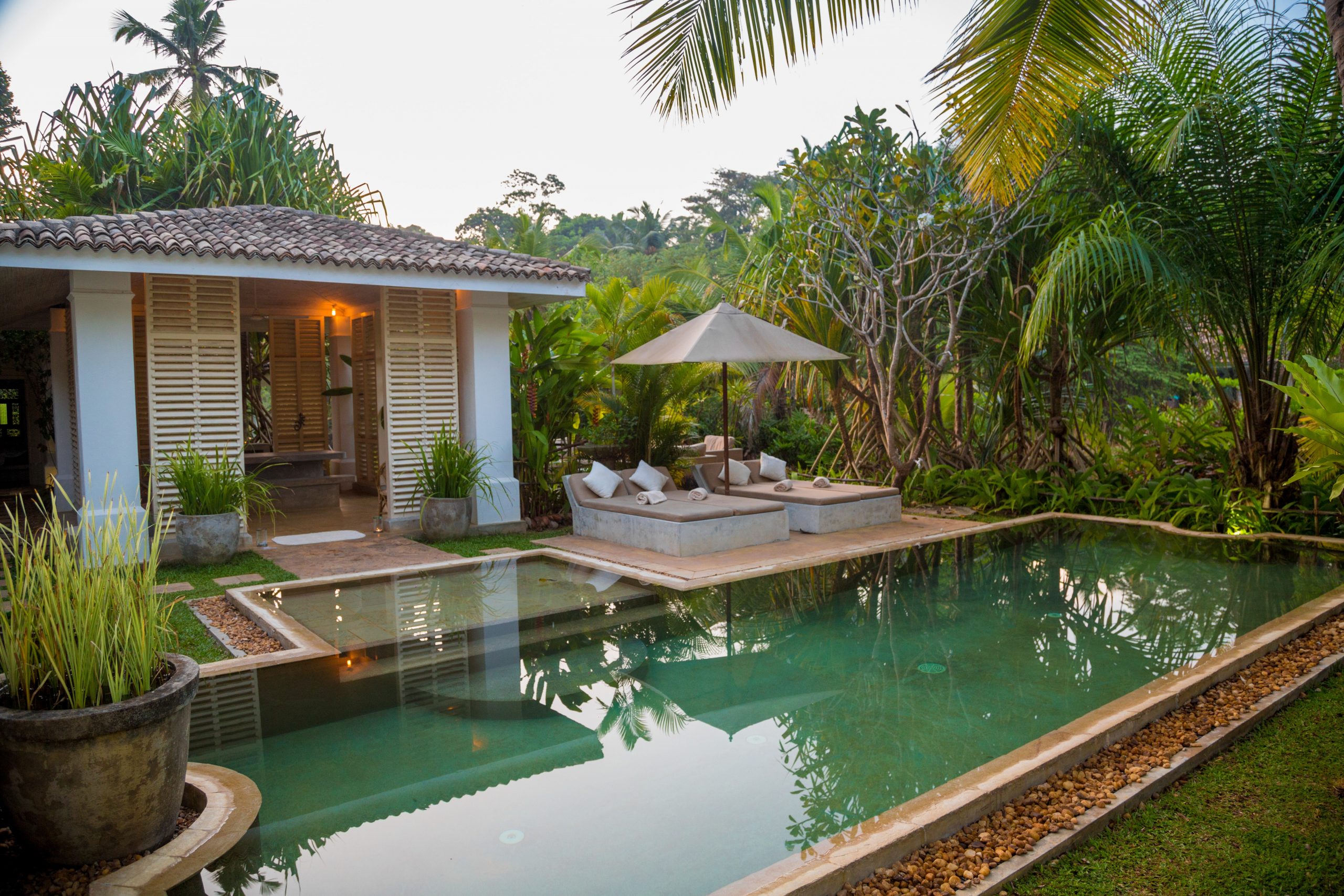Sub-Tourism: An Alternative to Addressing the Challenges of Mass Tourism
Tourism is one of the world's largest industries, and its growth has been steady in recent years. According to data from the World Tourism Organization (UNWTO), in 2019, an estimated 1.465 billion international trips were made, marking a milestone in the industry's history. However, the COVID-19 pandemic in 2020 represented an unprecedented setback for the sector. With grounded airplanes, closed hotels, and travel restrictions worldwide, the number of trips plummeted dramatically to 406.98 million. Despite the challenges faced by the industry, UNWTO reported that by 2022, approximately 962.80 million trips were recorded worldwide, demonstrating astonishing growth of 136.95% compared to 2020. These figures underscore the sector's resilience and adaptability, prompting questions about how we can maintain a balance between this rapid growth and sustainability. One of the most pressing challenges of mass tourism is its impact on the environment and local communities. The overexploitation of tourist destinations can deplete natural resources and disrupt the daily lives of host populations. In response, UNWTO has acknowledged these issues and promotes sustainable tourism as a solution. This involves adopting environmentally friendly practices and fostering healthy cultural interaction. In this context, the concept of "sub-tourism" emerges as an alternative. It involves seeking more authentic and less crowded
Sustainable hotels that lead the ecotourism sector
As a nature lover and frequent traveler, I have always looked for ways to enjoy new experiences without leaving a negative footprint on the environment. So I'm excited to tell you about the sustainable hotels that are leading the ecotourism industry. These hotels are not only concerned with offering their guests an unforgettable experience, but are also committed to minimizing their impact on the environment. From choosing green building materials to implementing energy and water conservation practices, these hotels are leading the way towards more sustainable tourism. One of the hotels to recommend in this sense is the Hix Island House in Puerto Rico. This hotel features innovative architecture and uses solar panels to provide most of its power. In addition, they have implemented a rainwater harvesting system and have organic gardens that provide fresh and local ingredients for their restaurant. Another great example is Six Senses Laamu in the Maldives, which uses renewable energy and has a wastewater treatment system to reduce its environmental impact. In addition, the hotel is committed to eliminating single-use plastics in its facilities and works in collaboration with the local community to promote the conservation of coral reefs. In Colombia, there is the eco-friendly Casa del Agua hotel


